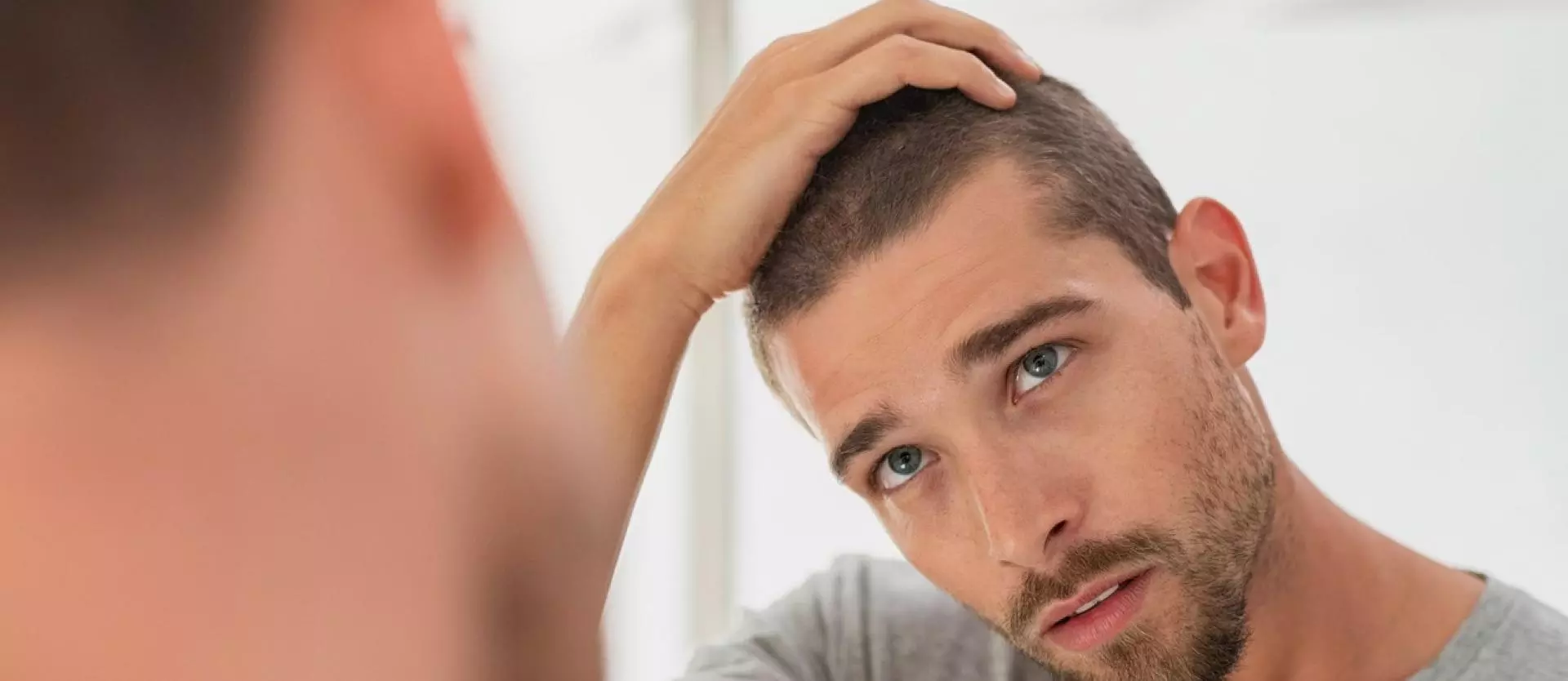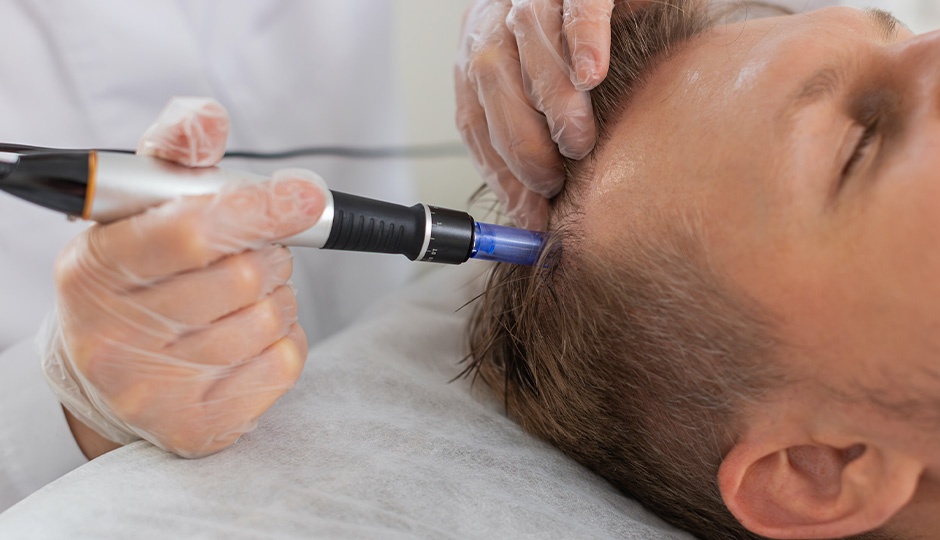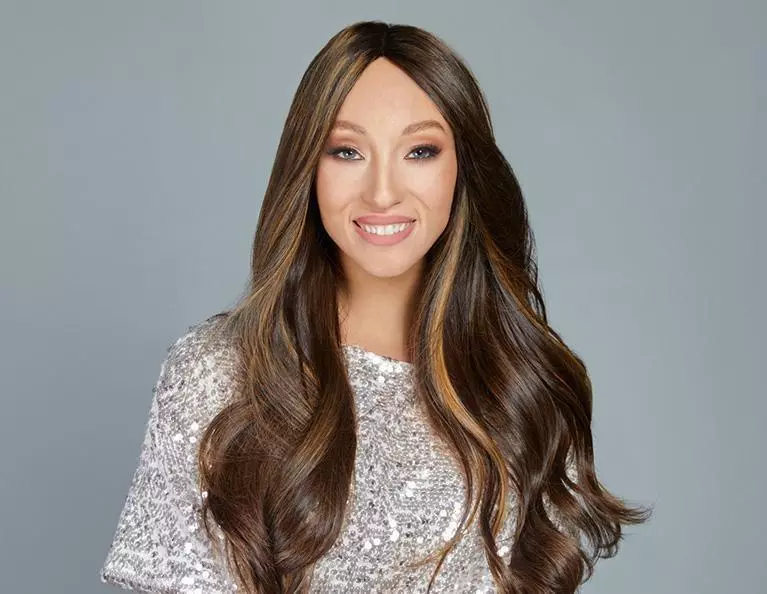Is there a hair loss gene? There is some truth to the fact that if a close family member has hair loss, that could increase the risk of hair loss for you as well. Yet, many factors play a role in the process, and quite often, genetics is not a factor in hair loss. So, what is happening with you?
Hair Loss Can Be Caused by Genetics
In some cases, hair loss can be due to hereditary factors. Male pattern baldness as well as female pattern baldness are the two most commonly associated genetic conditions associated with hair loss. For men, this condition often leads to a recession of hair long the forehead that follows the peak-format, with the mid-sides losing hair. Most of the time, this type of hair loss starts when a person is in their 20s or 30s. Initially, it will spread further back or it may stabilize. It is estimated that most men will have some level of hair loss by the time they reach the age of 80, resulting from this condition.
For women, hair loss may begin later. For some, it may start after menopause occurs. Many times, the hair loss is a gradual recession along the hairline. Some women will see loss or thinning throughout the scalp. About half of all women will experience some type of female pattern hair loss by the time they reach the age of 80.
In either of these situations, the hair loss is called androgenetic alopecia. This is the most common cause of hair loss not associated with illness or stress. Many people experience some level of this type of hair loss during their lifetime, though they may never develop full baldness.
Why Do These Conditions Form?
Male pattern baldness is very common, as noted. Recently, there has been a significant amount of discussion that this type of hair loss is from a specific gene mutation. Some believe that this gene, called the baldness gene, comes from the mother’s father. That is not always accurate. Scientists do not have a significant amount of understanding of why this condition occurs, but it is most recent research indicates that it is polygenic. That means that more than one gene is involved in the process.
Male pattern baldness is specifically associated with the AR gene. That gene is found on the X chromosome, which is the chromosome that comes from the mother’s genetic makeup. Some studies indicate that having this gene can significantly increase your risk of hair loss.
In female pattern baldness, the genetic story behind it is not well understood. However, most research indicates that it is likely to involve more than one gene as well.
One key note about female pattern baldness is that it typically happens after menopause. However, it is important to note that more women in their thirties are experiencing female pattern hair loss. For those experiencing hair loss after menopause, there are some genes, called aromatase, that have the specific task of converting testosterone into estradiol. It is believed that the production of this enzyme may play a role in the development of female pattern baldness when it occurs after menopause.
Genetics Is Not Always the Answer
While genetic factors may play a role in the onset of some hair loss for many, it is far from the ultimate or only cause. It is very common for men and women to see other factors play a more dominant role in the resulting hair loss.
For example, hormone irregularities are a common cause of hair loss. This includes any change in the hormones in the body and how they are regulated. These may occur, for example, as a result of pregnancy or childbirth. Thyroid disease can also cause thinning or hair loss. Another condition, called alopecia areata, is not considered a genetic condition. However, it is related to an auto immune disease that typically creates patchy hair loss.
If you are unsure what the cause of your hair loss is, your first step should be to have a comprehensive evaluation done. Through bloodwork and other insights, it is possible to see if there is an underlying cause to hair loss that may be more substantial and then see a hair loss professional to start a hair loss prevention regimen.
Contact the hair specialists at Unique Hair Concepts to learn more.






